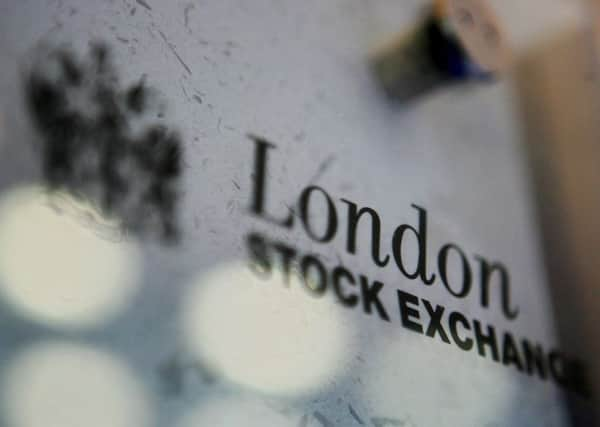Junior Aim stock market drives on despite Brexit fear
This article contains affiliate links. We may earn a small commission on items purchased through this article, but that does not affect our editorial judgement.


Businesses leaving Aim, the market for smaller businesses launched in June 1995, fell 16 per cent to 88 in the year to end-March 2017 from 105 in the previous 12 months, says today’s report from national accountant UHY Hacker Young.
• READ MORE: EU pulls plug on LSE’s merger with Deutsche Borse
Advertisement
Hide AdAdvertisement
Hide AdThe number of companies joining the market rose 5 per cent from 38 to 40, whilst money raised in listings on the junior market jumped from £753 million to more than £919m.


The report said Aim’s improved performance came despite fears of increased uncertainty amongst investors since last summer’s Brexit vote, attributing the resilience partly to the market’s exposure to the global, as opposed to the UK, economy.
Laurence Sacker, managing partner at UHY Hacker Young, commented: “Trends such as commodity prices or growth in tech valuations is more of an influence on Aim than what is happening at the small companies end of the UK economy – that gives it protection from the worst of Brexit volatility.
“Aim’s performance highlights its resilience in the face of uncertainty. The number of new listings, as well as the drop in the number of companies exiting Aim, shows London’s junior market is robust.
“The market is still a way off its strong performance on capital raising of a few years ago – but it is clear that Brexit‑related fears have not caused any major setbacks for Aim.”


Today’s report also highlights a “nascent recovery” in the oil and gas sector, with nearly a quarter of new listings on Aim in the latest 12 month-month period coming from the energy sector.
Businesses joining the market, which is subject to lighter regulation, in the past year included media and entertainment company Timeout Group, which raised £90m in its flotation last June, and cosmetic brand Warpaint, which raised £23m in its initial public offering (IPO) in November.
Advertisement
Hide AdAdvertisement
Hide AdOver the Easter weekend, clean technology company Verditek, which said its proven products were now “at the point of commercialisation”, announced its intention to float on Aim and is tapping shareholders for £3.5m in order to fuel expansion.
Sacker added there was also investor relief that the worst fears over what the LSE’s prospective merger with Franfurt-based Deutsche Börse meant for Aim had been dispelled. The deal was recently torpedoed by European Union regulators on anti-trust grounds.
“The end of the LSE Deutsche Börse deal lifts a cloud off the market as a whole, and Aim market participants can feel more secure in its future.
“Future Brexit negotiations may have an impact on the market, but increasing the number of overseas IPOs on Aim will soften that,” Sacker said.